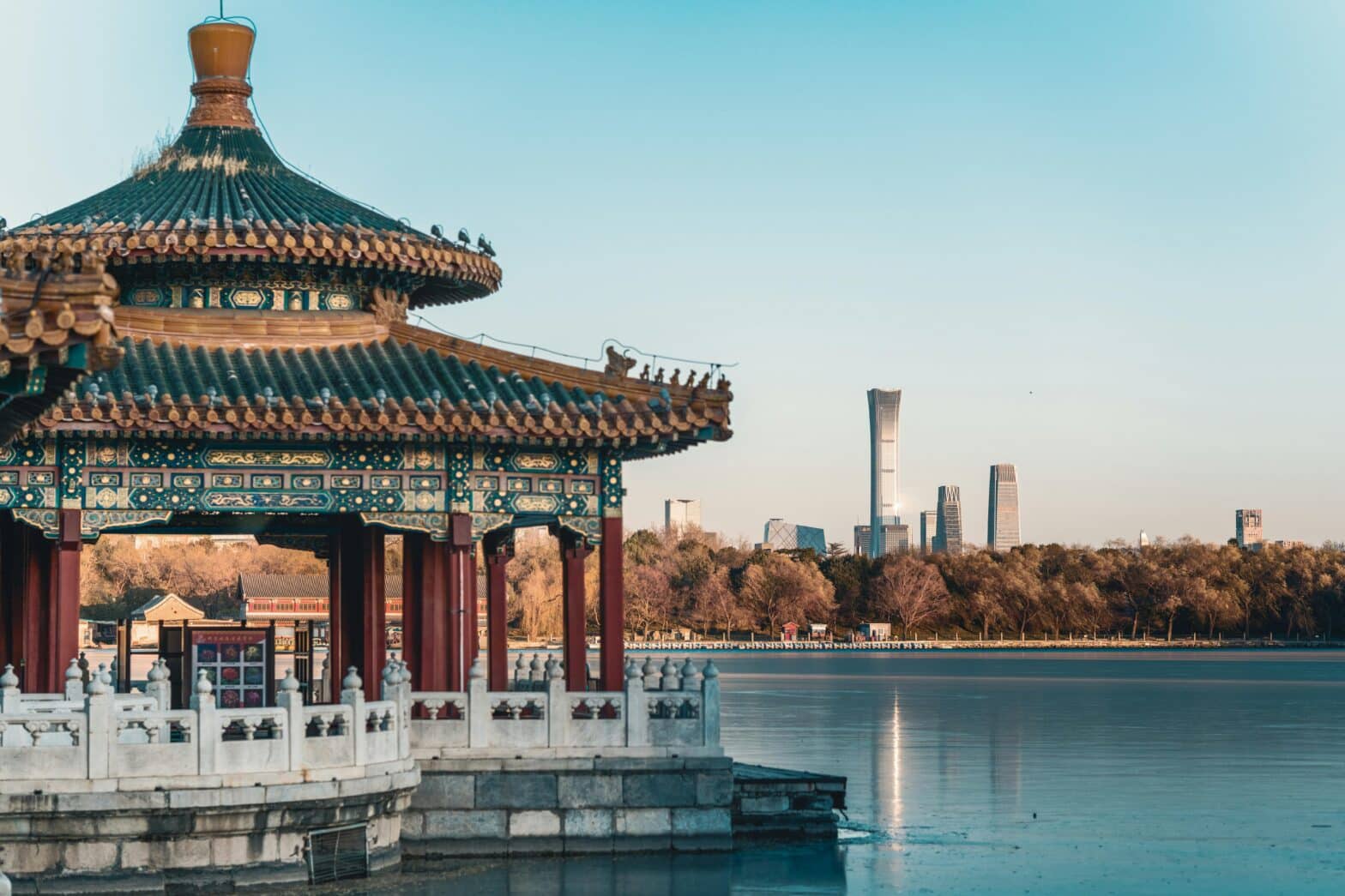China has become one of the top expatriate destinations in Asia for thousands of international workers who are attracted both by its outstanding economic vitality and extraordinary cultural heritage. If, just like them, you want to live in the heart of the world’s oldest civilization, this guide is for you!
Formalities, health, education… Foyer Global Health offers you an overview of a few key topics to help you settle in mainland China!
Moving to China: pros and cons
Advantages :
- Many work opportunities
- A unique cultural experience
- Safety and security
- A much lower cost of living than in Western Europe and North America (except for high property prices in big cities)
- An exceptional culinary heritage
- Change of scenery guaranteed!
Disadvantages:
- The language barrier; not speaking Mandarin can be an obstacle to your successful relocation, and learning it is difficult because it is a tonal language (depending on the tone used, the same word can have completely different meanings).
- Heavy government control
- Massive air pollution in the big cities

What kind of visa do you need to move to China?
There are several visas for expatriates issued by the Chinese authorities. The Z visa, which must be obtained from an official visa center, allows you to work legally as a foreigner and obtain a temporary residence permit on arrival. There are also other professional visas, such as the R visa (‘the talent visa’). To obtain a Z work visa, you will need to prove that you have found a job in China.
Although it is possible to extend your visa with the Public Security Bureau (PBI) in the Chinese city where you live, it is usually not possible to change the type of visa for which you have initially applied.. Before applying, it is highly recommended to contact the Chinese consulate or embassy in your home country.
N.B.: If you are planning to move to Hong Kong, you should be aware that the administrative formalities are different, and that Hong Kong has its own immigration system. Click here for more information!
Working in China
China’s dynamic economy and many professional opportunities are a magnet for many expatriates who choose to move to China. Professional opportunities abound, particularly in the areas of new technologies, engineering, marketing, finance and the trade industries. Before moving to the country, the vast majority of expats working in China have usually secured an expatriate contract with a foreign company. Some use official local recruitment agencies that specialise in finding jobs for foreigners and are commissioned by Chinese companies.
Guanxi (networking) is a very important part of Chinese social life, both personally and professionally. It will be one of the keys to your successful acceptance in the workplace and the country!
While English is essential at work in cities such as Shanghai or Beijing, in other cities such as Chengdu, it is advisable to learn Mandarin.

The benefits accruing to you as an employee depend on the company in which you work. In a Chinese company, you are entitled to five days’ paid holiday per year in addition to the eleven paid public holidays; do not expect any overtime, beyond the statutory forty-hour week, to be paid. In foreign companies, salaries are often higher than in Chinese companies.
Where to live in China?
Your relocation experience will vary greatly from city to city. Where should you live in China? The answer will mainly depend on your preferences, lifestyle, and professional goals. A previous trip may have given you some food for thought. While multicultural Shanghai attracts urban souls for its cosmopolitan and modern character, authentic Beijing is very popular with expats looking for a mix of traditional culture and modernity. Hangzhou offers a great quality of life and scenery and Shenzhen is the home base of expat ‘nerds’ working in the technology industry.
Accommodation in China
Furnished flats, luxury houses, residences with swimming pools and sports facilities… You’ll be spoilt for choice when it comes to accommodation in China!
As an expat, it is recommended to use an accredited real estate agency that specializes in finding accommodation for foreigners, especially if you don’t speak Chinese. Most of them hire English-speaking staff. A real estate professional will be able to help you find the right accommodation, with a legal lease. If you don’t want to go through an estate agent, you can identify buildings you like and approach the baoan (the security guard responsible for looking after the residence). The baoan may be able to give you information about vacant flats.
The deposit is equivalent to two months’ rent, and leases are usually valid for one year and renewable. In large cities such as Beijing and Shanghai, rents are much higher than in the rest of the country.
When you arrive, don’t forget to register your address with the local police station, even if it’s only temporary. Once you’ve found a permanent home, you’ll need to go back to the authorities and register your new address along with a rental contract.
Medical care in China
The Chinese healthcare system has undergone major reforms over the past thirty years, but there are still major disparities in terms of quality and accessibility of healthcare services.
Expatriates are treated either in the public hospital’s ‘VIP’ wing, or in private international hospitals. They can benefit from medical care that meets or exceeds Western standards in terms of quality of infrastructure and medical care.
The cost of treatment varies considerably depending on the location and type of medical facility, as well as the patient’s profile. The vast majority of expatriates take out international health insurance in addition to the mandatory local health insurance, so that they can benefit from flexible and comprehensive medical cover in China and worldwide.
Education

Expat families usually enroll their children in international schools. Large cities such as Shanghai and Beijing have many good international schools, including the Shanghai Community International School.
Taxes
Expatriates are considered tax residents in China and will have their global income taxed by the Chinese government if they have not left the country for more than 30 consecutive days within a year over the last six years, or if they have resided in the country for more than 183 days per year over six consecutive years.
Companies with Chinese capital, 100% foreign capital or mixed capital generally use a withholding tax system to tax their employees. Although foreign employees are subject to the same thresholds as Chinese employees, they benefit from certain allowances, particularly for rent and school fees.
Some expatriates, notably ‘foreign experts’ (including UN officials) and foreigners participating in bilateral cultural or educational exchange programmes, benefit from tax exemptions.
Tax reforms for expatriates are expected in 2028. For more information: https://www.chinatax.gov.cn/eng/home.html.
Top experiences in China:
- Discover the legends of the Forbidden City
- Explore the Mògāo caves
- Taste the extraordinary diversity of Chinese cuisine
- Explore the scenic Tiger Leaping Gorge
- Contemplate the majestic Great Wall of China
- Soak up modernity in Shanghai
- Admire the Dragon Backbone’s Terraced rice fields
- Discover the monastic sites of Lhasa
